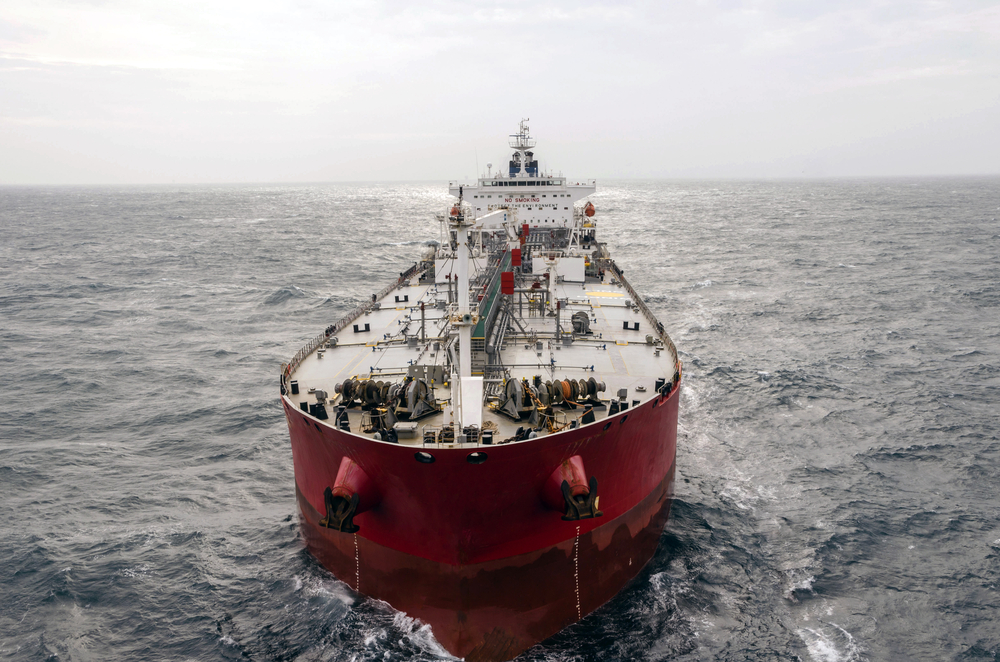Commodities Trading Giant to Test Blockchain Tech with Crude Oil Cargo

Swiss firm Mercuria, one of the largest commodities traders in the world, will put to test the first large oil trade transaction powered by blockchain technology.
The trade transaction will see an oil cargo shipment containing African crude sold to ChemChina, a Chinese petrochemical giant and shareholder in Mercuria. ING and Societe Generale, a Dutch and French bank respectively will aid in the execution of the deal, a Reuters report has confirmed.
The deal was announced by Mercuria co-founder and chief executive Marco Dunand during the recently concluded World Economic Forum in Davos, Switzerland.
Dunand has previously stated that blockchain technology was going to usher in “a digital transformation of the oil and gas industry.” Speaking at an October 2016 industry summit, he had stated at the time: “I’ve seen sufficient bank presentations to believe the [blockchain] technology is there and it’s solid.”
The executive described the existing process of a trade as “pre-archaic” during the WEF panel. Necessary paperwork requires the bill of lading, essentially a document issued by the transporter acknowledging receipt of cargo for shipment, to be stamped by the ship’s captain. This paper will then have to go through customs at ports, surveyors, and other officials along the way. The paperwork is compounded with letters of indemnity, if the original documents see processing delays.
In contrast, Dunand sees blockchain technology make for a sweeping solution with standardized smart contracts. Besides the reduction of time and effort in paperwork, costs associated with financing and physical transactions would also be significantly streamlined with the participation of creditors and banks. Dunand estimates that costs could be reduced as much as 30%.
“It’s a pre-archaic process,” Dunand said of today’s trading process, before adding:
So, introducing blockchain will allow to pass title from buyer to shipper to seller without going through massive paperwork of bills of lading.

The global scale of the trade industry coupled with the lack of acknowledgment of blockchain technology by authorities around the world is perhaps the only stumbling block toward standardized adoption.
He stated:
Going forward the challenges will be on the legal side as the blockchain technology is still not recognized by many governments. So banks are now working with various jurisdictions to make sure it can work worldwide.
Images from Shutterstock.